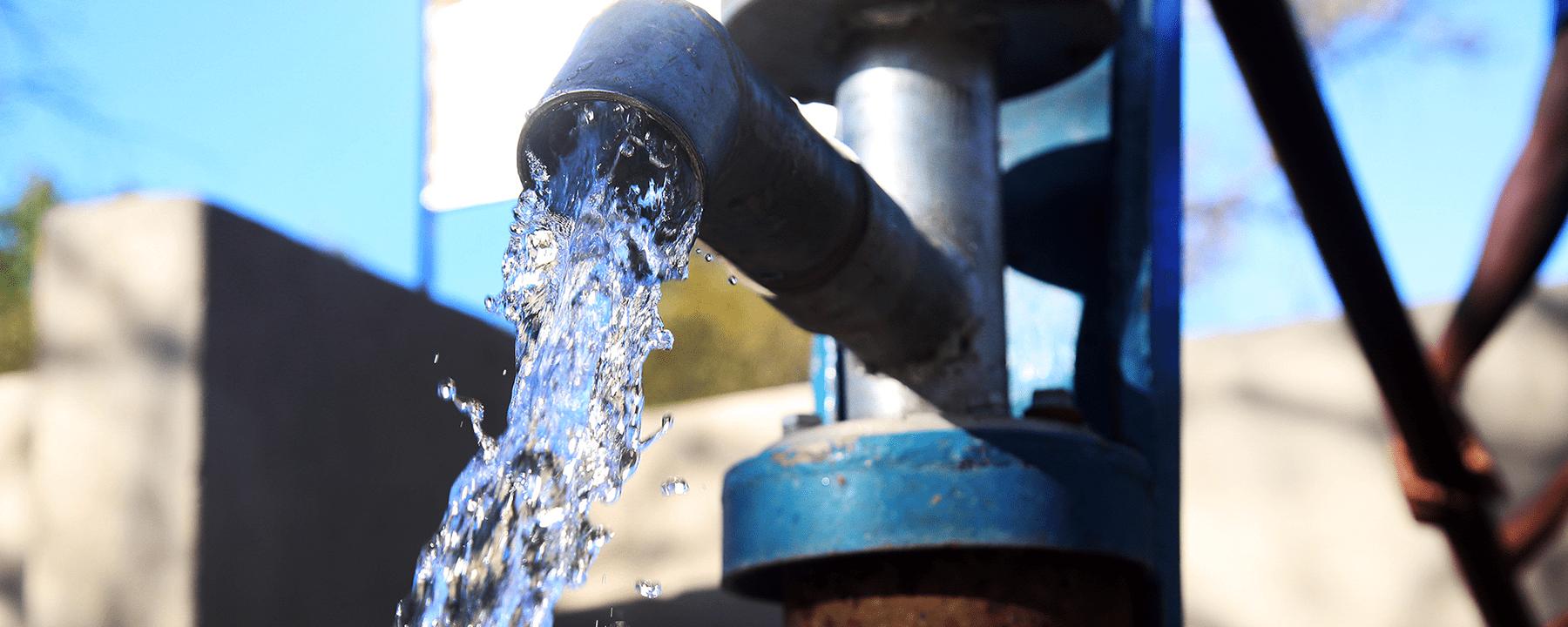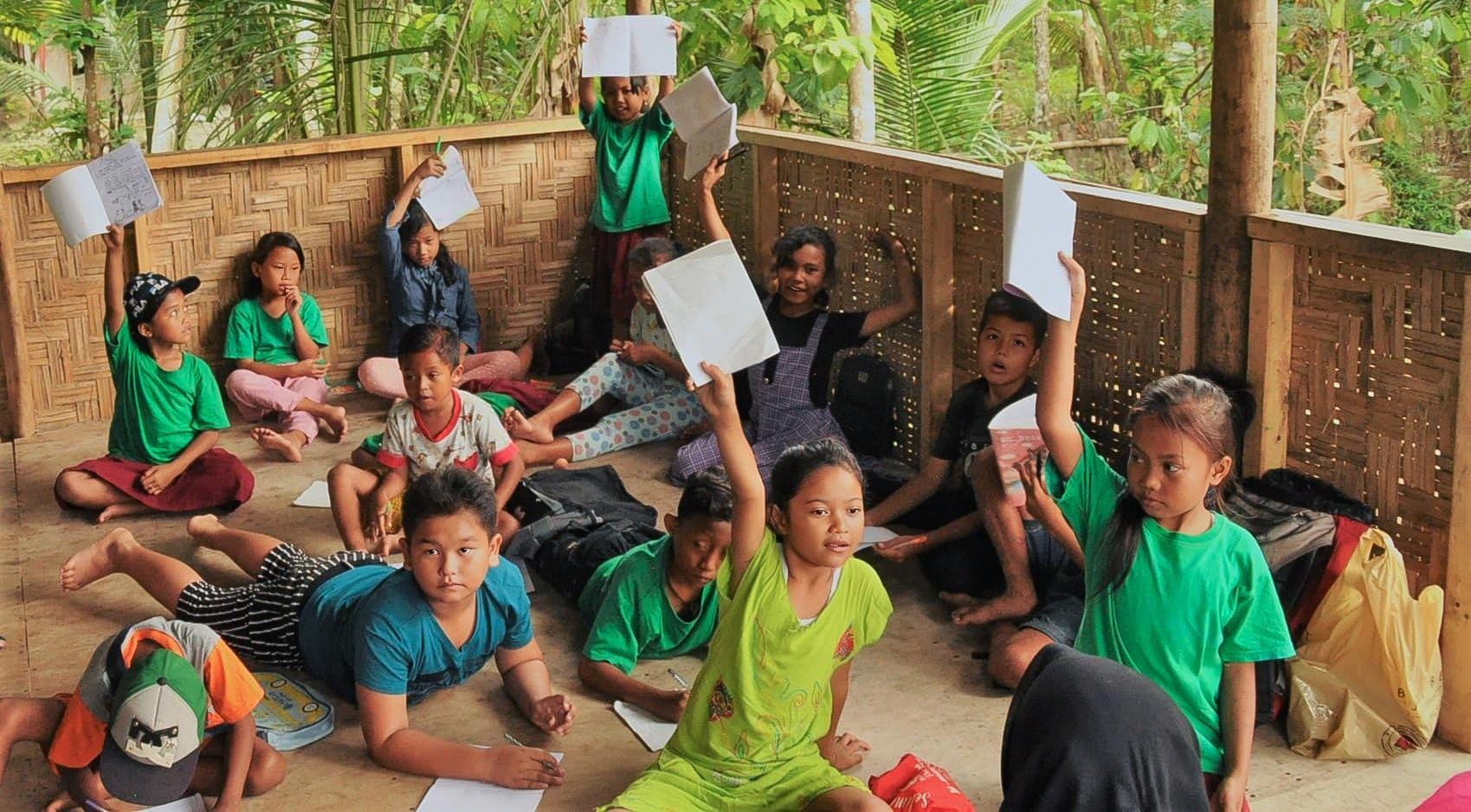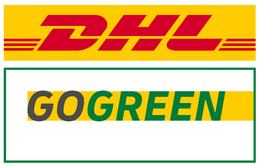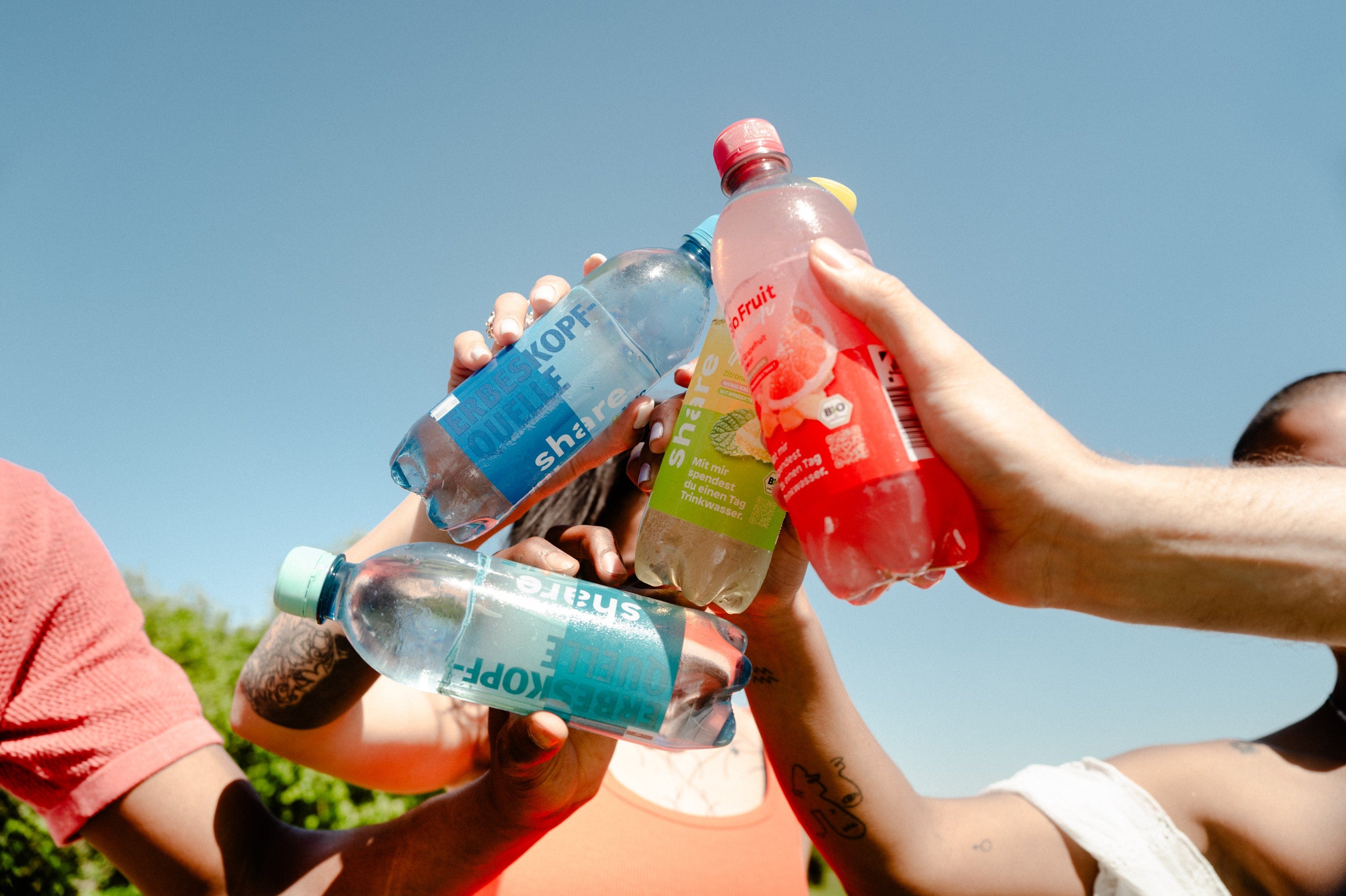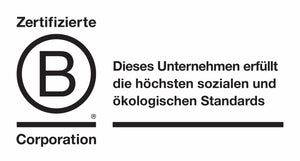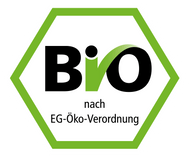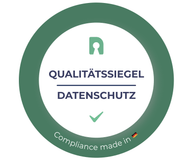Sumatra is the sixth largest island in the world and has a unique flora and fauna to offer. But the Indonesian island is literally flooded with plastic waste and the species-rich rainforest is increasingly being transformed into monocultural palm oil plantations, many people live in poverty. But Marc, Basti, Leonie and Erich do not want to accept this. Together they founded Project Wings in 2019 - with the aim of building the largest recycling village in the world on Sumatra. A great, innovative project that you can also support by buying share products . We spoke to Marc - one of the four founders - about Project Wings, the challenges on Sumatra and the huge potential of recycling.
Dear Marc, can you tell us when and how Project Wings was founded? What are your motivations and goals?
The four of us had previously worked for large aid organizations for several years and met while working as fundraisers across Germany. We discovered that we are very good at inspiring people to do good and help. Collecting donations for good causes was a lot of fun for us and we could imagine working for aid organizations forever. We knew that fewer and fewer people in Germany were donating. Through our face-to-face work with passers-by in the pedestrian zones, we found out what really motivates people to donate - we wanted to and were able to put this knowledge to good use. And then one of us already had a small project in Indonesia. All of these steps led us to found the organization in 2019 and set up a professional project with which we can make a difference together in the long term.
What are the challenges in Indonesia, especially in Sumatra, and how did you become aware of them?
The fact that we became aware of the special challenges in Sumatra was initially pure coincidence. Basti had already been working there on a small project and knew the place Bukit Lawang, "the gateway to the rainforest", through a friend. The village is located directly on the rainforest with the second highest biodiversity in the world and is also the easiest entrance to the rainforest for visitors. This makes Bukit Lawang one of the most important strategic points, because it is where researchers come together, people who want to protect the species-rich environment. Palm oil, ecotourism vs. "normal" tourism, which displaces a lot, a model for the whole of Indonesia - these are just a few of the topics and keywords that predestine the region as a pilot project for development cooperation. This creates good conditions for setting up a garbage collection service, planting trees, trying permaculture instead of monoculture and much more. Many people look at Bukit Lawang and come here. The place therefore also serves as a source of knowledge and an incentive for other people who take their experiences from Sumatra with them to other villages. Of course, you can't compare Sumatra with Bali, but Sumatra is still a relatively touristy place that attracts a lot of people, so we get the necessary attention for the important projects here.

